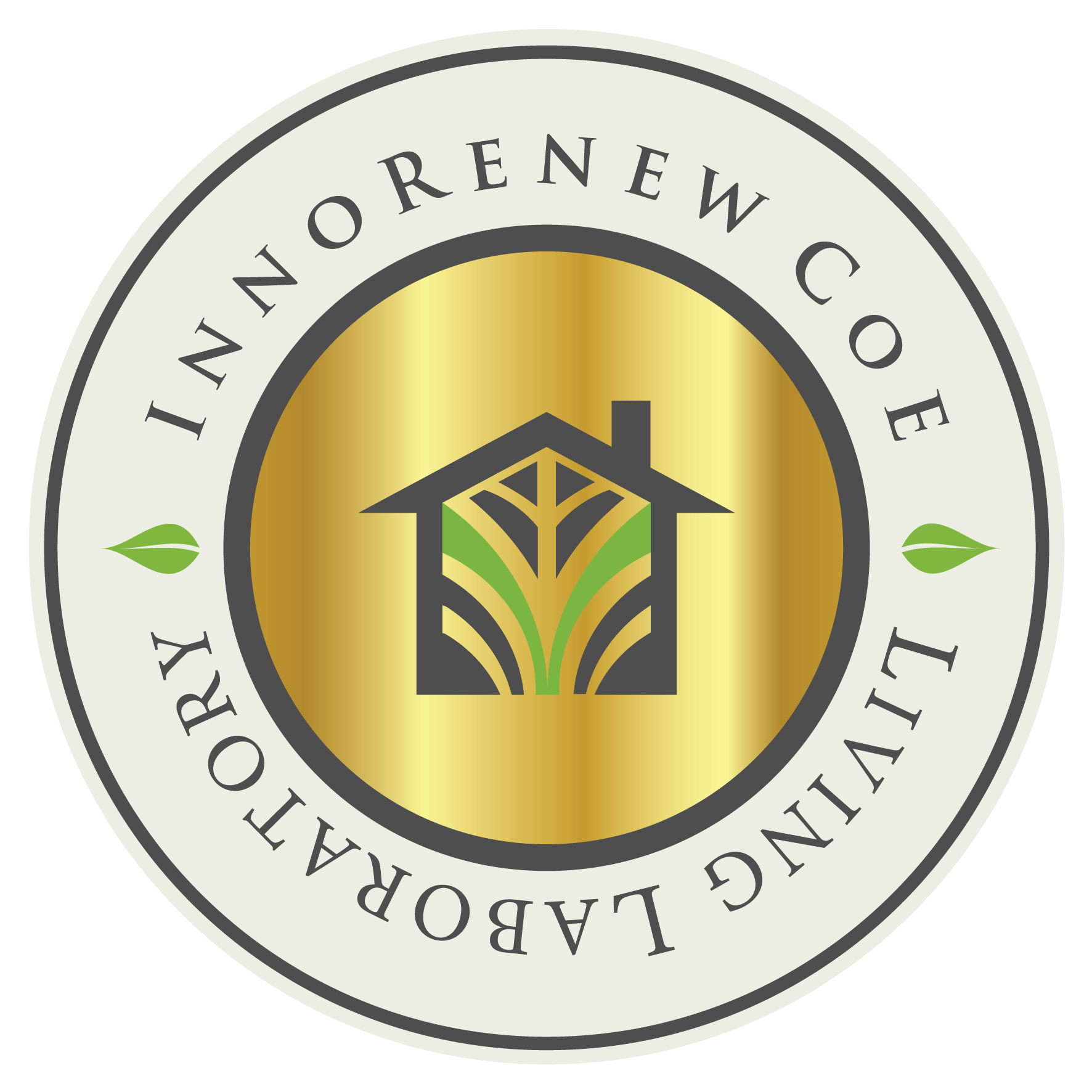Predstavitev projekta
Naslov: GROWTHMINDS
Akronim: GROWTHMINDS
Oznaka projekta: -
Koordinator (vodilni partner): UP Fakulteta za matematiko, naravoslovje in informacijske tehnologije
Partnerske institucije:
- STEP Institut, zavod za psihologijo dela in podjetnistvo,
- Balıkesir University (Turkey),
- Universitatea de Medicina, Farmacie,
- Stinte si Tehnologie George Emil Palade din Tirgu Mures (Romania),
- UNIVERSITAET KLAGENFURT (Austria)
Vodja projekta na UP FAMNIT: dr. Kristijan Musek Lešnik
Financer projekta: Evropska komisija, program Erasmus+
Raziskovalno področje (ARRS): 5.09 - Družboslovje / Psihologija
Trajanje projekta: 1. 11. 2020 - 31. 10. 2022
Opis projekta: Dr. Dweck sparked interest in researching mindsets by showing that those who believe their abilities are malleable (i.e. have a “growth mindset”) are more likely to embrace challenges and persist despite failure than those who view their abilities as non-changeable (i.e. “fixed mindset”). Growth mindset (GM) students seek out better feedback, persist for longer, cope better with transitions and develop better self-regulation. GM reduces stress in students, promotes wellbeing and emotional functioning, improves self-esteem, learning orientation, reduces helplessness and is linked with grit and pro-social behaviours. Research supports the idea that educator mindsets may influence the way they respond to students, which in turn has an impact on the students’ outcomes. This project aims at developing GM by university level teaching personnel (university educators) and consequently their students. GM is an evidence-based teaching practice, which improves the quality of teaching regardless the level of education.
The objectives of the project are to help:
- improve continuous in-service training opportunities for tertiary educators to build their competencies for developing a GM of their students;
- GM faculty classroom culture by increasing the number of educators using GM concept in their practice;
- availability of free hands-on creative and inspiring activities for GM for lecturing at the university level;
- increased self-efficacy by university educators’ regarding their impact on students and on society;
- increased self-efficacy by university students’ regarding their studies and knowing how to transfer their KSAO to employment.
The project will directly include university educators and university students as main target groups. Multiplier events will be aimed at teaching personnel (220 participants), webinars will be held for students (as this will be a widely disseminated online content, the number of participants is not known, but will exceed 300). Short-term joint staff training events will be held for around 50 participants. The developed materials will be disseminated for free in five languages, thus additionally reaching a large number of teachers and students. Students will also be indirectly included in activities when teachers-participants of events will carry out new methods. Stakeholders to whom we will disseminate the project results will be indirectly included, e.g. policy makers, NGOs, education associations, education institutes.
Developed courses and workshops can be carried out in the future, reaching a larger number of teachers and students. Teachers that will be involved in the project will continue to use their gained knowledge for future generations of students, reaching hundreds of students in each country and extending the GM.
Project presentation
Title: GROWTHMINDS
Project acronym: GROWTHMINDS
Project code: -
Leading institution: UP Faculty of Mathematics, Natural Sciences and Information Technologies
Partner institutions:
- STEP Institut, zavod za psihologijo dela in podjetnistvo,
- Balıkesir University (Turkey),
- Universitatea de Medicina, Farmacie,
- Stinte si Tehnologie George Emil Palade din Tirgu Mures (Romania),
- UNIVERSITAET KLAGENFURT (Austria)
Principal investigator at UP FAMNIT: dr. Kristijan Musek Lešnik
Funding organization: European Commission, Erasmus+
Research field (SRA): 5.09 - Social sciences / Psychology
Duration: 1. 11. 2020 - 31. 10. 2022
Description:
Dr. Dweck sparked interest in researching mindsets by showing that those who believe their abilities are malleable (i.e. have a “growth mindset”) are more likely to embrace challenges and persist despite failure than those who view their abilities as non-changeable (i.e. “fixed mindset”). Growth mindset (GM) students seek out better feedback, persist for longer, cope better with transitions and develop better self-regulation. GM reduces stress in students, promotes wellbeing and emotional functioning, improves self-esteem, learning orientation, reduces helplessness and is linked with grit and pro-social behaviours. Research supports the idea that educator mindsets may influence the way they respond to students, which in turn has an impact on the students’ outcomes. This project aims at developing GM by university level teaching personnel (university educators) and consequently their students. GM is an evidence-based teaching practice, which improves the quality of teaching regardless the level of education.
The objectives of the project are to help:
- improve continuous in-service training opportunities for tertiary educators to build their competencies for developing a GM of their students;
- GM faculty classroom culture by increasing the number of educators using GM concept in their practice;
- availability of free hands-on creative and inspiring activities for GM for lecturing at the university level;
- increased self-efficacy by university educators’ regarding their impact on students and on society;
- increased self-efficacy by university students’ regarding their studies and knowing how to transfer their KSAO to employment.
The project will directly include university educators and university students as main target groups. Multiplier events will be aimed at teaching personnel (220 participants), webinars will be held for students (as this will be a widely disseminated online content, the number of participants is not known, but will exceed 300). Short-term joint staff training events will be held for around 50 participants. The developed materials will be disseminated for free in five languages, thus additionally reaching a large number of teachers and students. Students will also be indirectly included in activities when teachers-participants of events will carry out new methods. Stakeholders to whom we will disseminate the project results will be indirectly included, e.g. policy makers, NGOs, education associations, education institutes.
Developed courses and workshops can be carried out in the future, reaching a larger number of teachers and students. Teachers that will be involved in the project will continue to use their gained knowledge for future generations of students, reaching hundreds of students in each country and extending the GM.









